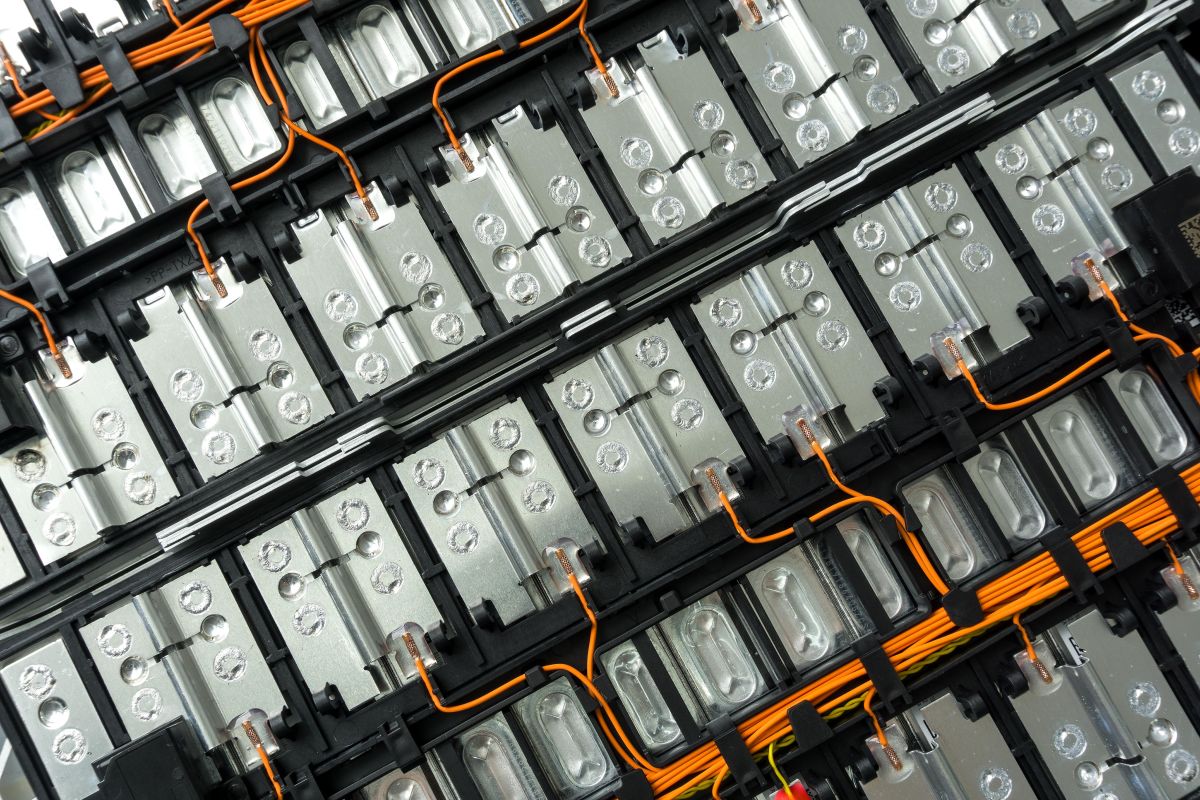The U.S. Department of the Treasury announced May 3 an extension to the electric vehicle tax credit deadline, allowing automakers more time to adjust their supply chains amidst ongoing debates over foreign mineral dependency.
In a move aimed at supporting the domestic EV industry, the Treasury Department will permit the inclusion of crucial trace minerals from China in anode materials and battery components, exempting them from restrictions. This extension comes amidst efforts by the U.S. to reduce reliance on foreign materials in EV production.
At the start of the year, new regulations came into effect, resulting in several EV models losing eligibility for the full $7,500 federal tax credit. This prompted car manufacturers to reevaluate and adjust their supply chains to regain eligibility for the tax credit, a significant incentive for consumers considering EV purchases.
The latest decision grants automakers until 2027 to phase out certain minerals sourced from foreign countries listed as Foreign Entities of Concern (FEOC), including graphite, electrolyte salts, binders and additives. While intended to bolster domestic production, the extension has sparked controversy.
Critics argue the extension prolongs U.S. automakers' reliance on foreign materials and lacks a clear exit strategy. Some stakeholders emphasize the importance of reducing dependency on foreign sources to strengthen national security and ensure supply chain resilience.
U.S. Sen. Joe Manchin, D-WV, chair of the Senate Energy Committee, expressed concerns that prioritizing EV market expansion over reducing mineral dependency could perpetuate reliance on FEOC countries. Manchin said "the move will provide a long-term pathway for these (FEOC) countries to remain in our supply chains," as reported by Reuters.












